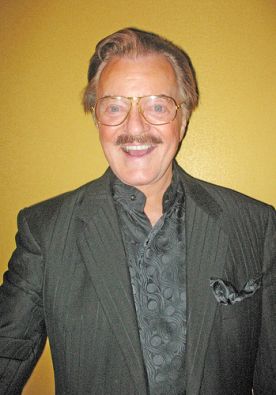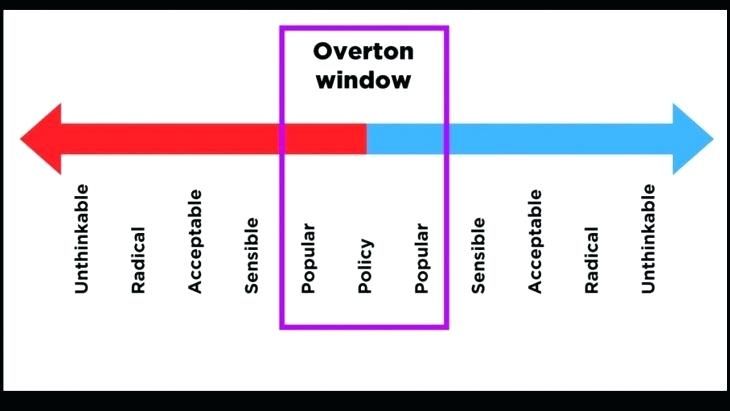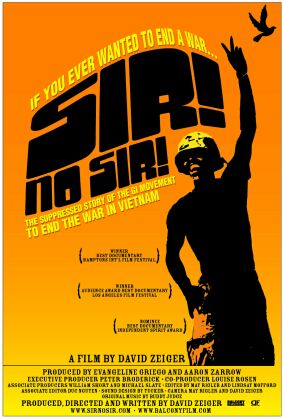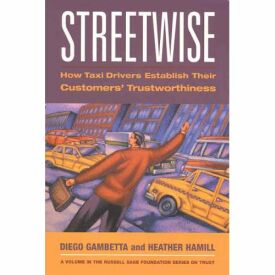Among the Mad Simpletons
From The American SpectatorRobert Goulet
The New York Times obituary of Robert Goulet reminded us that “in 1961, The New York Daily News Magazine called him ‘just the man to help stamp out rock ’n’ roll.’” Alas, as the obituarist for The Times added — could it be just a touch wistfully? — “it was an impossible assignment.” By 1967, when The American Spectator first saw the light of day in Bloomington, Indiana, most people of the generation of the Spectator’s editors — and your correspondent — would probably have forgotten that in that dim and distant past of six years previous anyone had even wanted to stamp out rock ‘n’ roll. By that time, the parents who had complained about the suggestiveness of Elvis Presley’s stage performances had much bigger problems to worry about. Yet for 40 years the magazine has offered the hospitality of its pages to those who would write the minority report out of the sixties, including even a few would-be Savanarolas who, however belatedly, might still be up for a campaign to stamp out rock ‘n’ roll.
I can sympathize. Although I have at various times enjoyed a number of popular songs in that idiom, I think that over the last half-century in America rock’n’roll has on balance been more of a force for ill than for good in our common cultural life. Doubtless it was a different matter in Czechoslovakia, as Tom Stoppard insists in his play Rock’n’Roll, which opened on Broadway last month. In the former Soviet bloc, the powerful solvent of the music and its associated anarchic freedoms — represented in Mr Stoppard’s play by the late Syd Barrett of Pink Floyd impersonating the Greek god Pan — went to work on the stifling bonds and restraints of the communist state. In the West the bonds and restraints it ravaged were of an altogether more benign and useful sort. Moreover, its emphases on rhythm over melody and adolescent angst and political posturing over more grown-up emotions have tended to crowd out genuine and unaffected expressions of musical feeling, or else to exile them, like poor Robert Goulet, to the Never Never Land of camp.
Our esteemed founder and editor of the Spectator through all of its 40 years, R. Emmett Tyrrell, has pointed out that presidential elections in which there is someone named Clinton at the top of the Democratic ticket — of which, at the time of writing, it looks as if the next will be one — are also referenda on the 1960s. The pleasing outlines of that decade as observed through a haze of marijuana fug, like the distant sounds of angrily protesting youths so beloved of the media, have an undeniable power to bewitch, though I am not among those who believe it so powerful as to make the election’s outcome a foregone conclusion. The allure is today the same as it was for those protestors of old, and for the various folkish and rock ‘n’ roll crooners who flattered them, namely the seductive charm of the easy answer. “All you need is love,” warbled the Beatles, and millions of dope-addled morons slapped their foreheads and said, “Of course! No more thinking for me!”
Or, as the satirical magazine Private Eye paraphrased it, “Peace is good; war isn’t.” Even the Bright Young Things of the 1920s Jazz Age, in so many ways the prototypes for the libertines of the 1960s, would have laughed at such simplicity. But it was the contribution — if that is the right word for it — of the youth culture of the 1960s to America’s storied political history to realize that by remaining perpetually adolescent you could not only learn to take the easy answers seriously throughout your adult life, you could even cling to them until you were safely delivered by time into your second childhood. Just look at former President Jimmy Carter. At 83 he is not himself of the generation of peace and love, but he seems in some ways to have been hit harder by its stunning insights even than the Clintons themselves. To judge from Jimmy Carter: Man from Plains, a hagiographical documentary by Jonathan Demme, he has even adopted that peculiar baby-boomer narcissism that supposes the whole world is interested in his feelings — especially his feelings of compassion for the downtrodden and hurt at the names he has been called, presumably by those without such compassion, as a result of his book Palestine Peace Not Apartheid.
 |
Mr Demme’s film follows the former president on a cross-country publicity-tour he made last year on behalf of this book, and if it were all you knew about Jimmy Carter, you would have to believe that he was the sort of American folk hero whom ordinary people name their children after, the subject of popular ballads like Paul Bunyan or John Henry or Jesse James, and that he is a man who is universally adored wherever he goes. You might even believe that he is a symbol throughout the land of the Golden Age of the late 1970s when the simplistic nonsense he spouts from one end of this movie to the other was issuing from the Oval Office, to the unspeakable illumination and gratification of the foreign potentates of the day, whom he was wont to lecture, as well as admiring throngs — young and old, rich and poor, hippie and square — back at home. A starry-eyed young woman at one of his book signings sums up the Jimmy credo: “It seems so simple,” she observes. “People have a homeland. They need to be given the right to live in their own country.”
Yes, it does seem simple, doesn’t it? And doesn’t that tell you something? Doesn’t the fact that Jimmy finds it so simple also tell you something — like why he was turned out of office in a landslide in 1980? The film also finds the problem of conflict in the Middle East a simple one — so simple that it must have been solved years ago if there were not bad men preventing Jimmy’s solution from being put into effect. Mr Demme’s cameras intercut shots of the aftermath of suicide bombings in Israel with shots of Israeli bulldozers knocking down Palestinian homes as the film’s contribution to making Mr Carter’s simple-minded point. Peace is good; war isn’t. Likewise, whenever someone is reported to have criticized the great man for being anti-Israel, or even anti-Semitic, he looks pained and delivers what he apparently sees as a definitive refutation, namely that he has called for an end to violence on both sides. After more than eight decades of knocking around in the world and nearly three since his bitter political comeuppance, he still appears to believe that calling for an end to violence is a policy.
Only two of the former president’s critics are allowed any screen time: Professor Alan Dershowitz, whom he declined to debate in person, and Professor Kenneth Stein, who resigned from the Carter Center over the book. They don’t get much time. At one point, we see Larry King reading out some rather caustic comments on the Carterite view from the first of these two professors until Jimmy stops him. Professor Dershowitz is so obviously biased, he says, that there’s no point in continuing. It’s a wonderful example of what in a forthcoming book I call “Media Madness,” an affliction of which the 39th president at some point must have contracted one of the earliest, most virulent and longest-lasting cases. Perhaps only Dan Rather has suffered more from this derangement, which leads otherwise sane and healthy people to suppose that by claiming to be “objective” they become magically endowed with a superior vantage point from which to survey — and therefore to resolve or dismiss — the quarrels of lesser mortals, whom they consider to be mere “partisans.”
A similarly simplistic outlook upon the world’s conflicts and complexities lies behind almost every political documentary you see these days, from Michael Moore’s Fahrenheit 9/11 to Al Gore’s An Inconvenient Truth to Ted Braun’s Darfur Now. All are similarly devoted to and, indeed, incomprehensible apart from, this simple hippie belief in the easy moral solution to all political problems. This is perhaps the biggest change during the 40 years of the Spectator’s existence — bigger even than the transition during the Clinton years from the existential threat posed by the forces of progressive communism to the one we now face from retrogressive theocracy. It is that political debate is no longer a matter of left and right or Democrat and Republican nearly so much as it is of the conflict between serious people and Media Mad simpletons like Messrs Carter and Gore.
Actually, there are reasons to think that both men only affect to be simpletons, since they are encouraged by everything in the popular culture to think that by doing so they can gather to themselves a following among the rock’n’roll-addicted middle-aged teenagers who still suppose that peace is to be had by wishing and exhorting and congratulating themselves on their own fine feelings, while all the nation’s and, indeed, the world’s problems are owing to the stupidity and/or wickedness of two men, George W. Bush and Dick Cheney. To judge by the media — and the numbers of one’s neighbors sporting those silly “01/20/09: Bush’s Last Day” bumper stickers — such people may even be in the majority among our fellow citizens right now. We shall find out, no doubt, when we either elect or don’t elect Mrs Clinton next year. If we do elect her, then doubtless it will once again be The American Spectator that leads the thinking minority through the wilderness.
Discover more from James Bowman
Subscribe to get the latest posts to your email.







